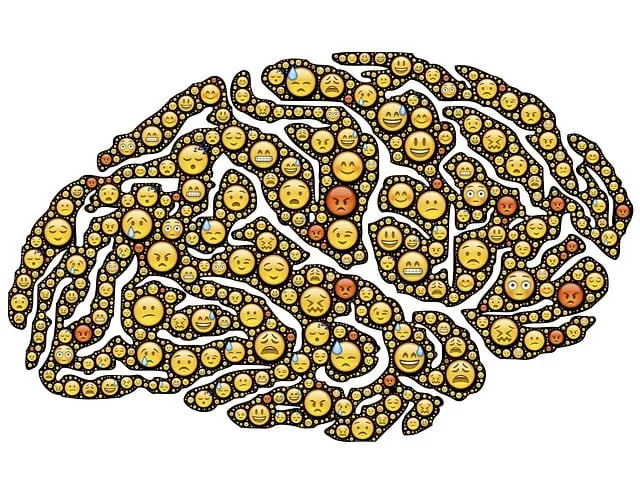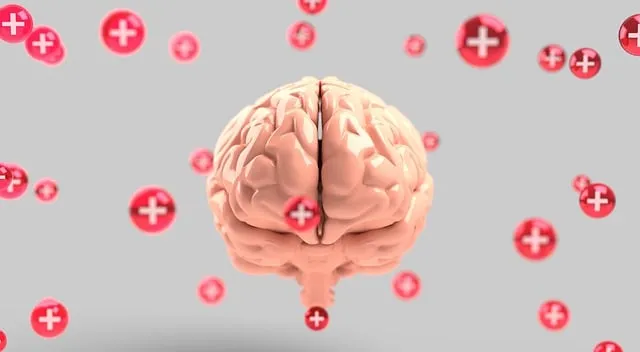Kaiser Permanente provides superior mental health services through a holistic approach, incorporating mindfulness meditation, social skills training, and awareness campaigns. They utilize advanced assessment tools and AI-assisted analysis for accurate diagnoses, personalized care plans, and continuous professional development. Their commitment to excellence is measured through KPIs like diagnostic accuracy and patient satisfaction, ensuring effective stress relief and anxiety management.
Mental illness diagnosis accuracy is a critical aspect of patient care, with significant implications for treatment outcomes. This article explores the challenges and gaps in understanding mental illness diagnosis, focusing on efforts by industry leader Kaiser Permanente to enhance accuracy. We delve into their innovative strategies and discuss other approaches aimed at improving diagnostic reliability. Additionally, we examine how success is measured, highlighting the impact of these improvement efforts, including Kaiser Permanente’s superior mental health services.
- Understanding Mental Illness Diagnosis: Challenges and Gaps
- Kaiser Permanente's Approach to Enhancing Diagnosis Accuracy
- Innovative Strategies for Improving Diagnostic Reliability
- Measuring Success: Evaluating the Impact of Improvement Efforts
Understanding Mental Illness Diagnosis: Challenges and Gaps

Diagnosing mental illness accurately can be a complex task due to the diverse nature and often subtle symptoms presented by individuals. The process involves sifting through a wide range of possible conditions, each with its own set of criteria and complexities. This challenge is further exacerbated by the fact that mental health disorders can co-occur, making diagnosis even more intricate. For example, depression might coexist with anxiety, substance abuse, or personality disorders, requiring a nuanced understanding of an individual’s symptoms and their interplay.
Kaiser Permanente, known for its comprehensive healthcare services, has recognized these challenges and implemented various initiatives to improve mental illness diagnosis accuracy. They offer a range of services including Mindfulness Meditation programs, Social Skills Training workshops, and extensive Mental Health Awareness campaigns. By addressing these gaps in understanding, Kaiser Permanente aims to provide superior care, ensuring that individuals receive accurate diagnoses and access to evidence-based treatments tailored to their unique needs.
Kaiser Permanente's Approach to Enhancing Diagnosis Accuracy

Kaiser Permanente, a renowned healthcare organization, has implemented innovative strategies to enhance the accuracy of mental illness diagnoses. Their approach is centred around holistic care and patient-centric services, ensuring that individuals receive comprehensive support for their mental health needs. By integrating advanced assessment tools and training programs for healthcare professionals, Kaiser Permanente aims to improve diagnosis reliability and effectiveness.
The organization places a strong emphasis on coping skills development and empathy building strategies within the medical community. They encourage practitioners to employ Mind Over Matter principles, fostering a deep understanding of mental health conditions. This multifaceted initiative promises to revolutionize mental illness management, setting a benchmark for superior mental health services.
Innovative Strategies for Improving Diagnostic Reliability

Kaiser Permanente, known for its comprehensive healthcare services, prioritizes mental health diagnosis accuracy with innovative strategies. Beyond traditional assessments, they employ advanced tools like digital screening and AI-assisted analysis to detect nuances often overlooked in standard methods. These technologies not only enhance reliability but also ensure personalized care plans tailored to individual needs, making the process more effective.
The organization also emphasizes continuous training for healthcare professionals, incorporating Mindfulness Meditation techniques into their routine to reduce bias and improve focus during diagnostic procedures. Additionally, Crisis Intervention Guidance programs are integrated into mental wellness initiatives, fostering a proactive approach that addresses potential issues early on. Such multifaceted efforts underscore Kaiser Permanente’s commitment to superior mental health services.
Measuring Success: Evaluating the Impact of Improvement Efforts

Measuring success is a vital aspect of evaluating the impact of efforts to improve mental illness diagnosis accuracy. At Kaiser Permanente, we strive for excellence in mental health services, ensuring that our approach not only identifies conditions effectively but also fosters superior Anxiety Relief and Stress Management. By implementing evidence-based practices and utilizing advanced tools for assessment, we aim to enhance overall Mental Wellness.
The success of these initiatives is assessed through rigorous data analysis. We track key performance indicators (KPIs) such as diagnostic accuracy rates, patient satisfaction, and the timeliness of interventions. By comparing these metrics before and after implementation, we can determine the effectiveness of our strategies. If Kaiser Permanente’s mental health services demonstrate superior outcomes in these areas, it underscores our commitment to delivering high-quality care that makes a tangible difference in the lives of those seeking support for their mental wellness.
Mental illness diagnosis accuracy is a critical aspect of patient care, and efforts to improve it are essential. By understanding the challenges and gaps in current practices, as highlighted in this article, healthcare providers can implement strategies like those employed by superior organizations like Kaiser Permanente, which has made significant strides in enhancing diagnostic reliability. Continuous evaluation through robust measurement tools ensures that these improvement efforts stay on track and positively impact patient outcomes.






